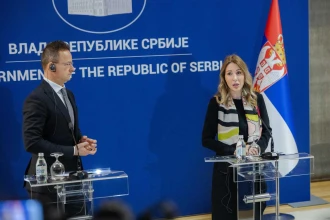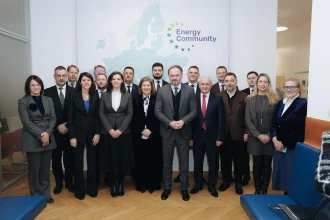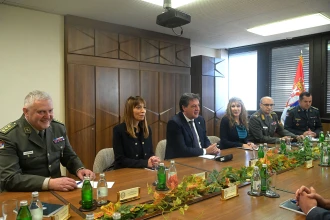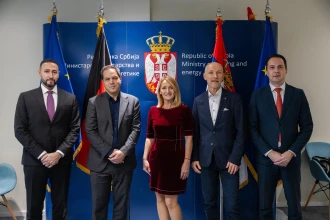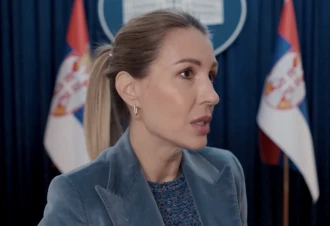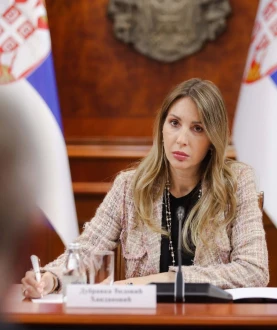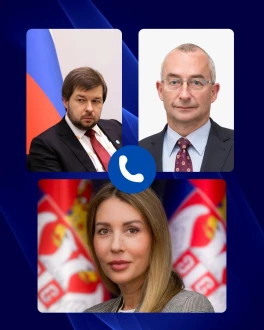Minister of Mining and Energy Dubravka Djedović spoke with Jan Koopman, Director-General of the European Commission's Directorate- General for Neighborhood and Enlargement Negotiations (DG NEAR) about the energy transition process, reforms in the energy sector and the European Union's support for improving the energy security of the Republic of Serbia.
Djedović and Koopman discussed energy transition, reforms and EU support for improving Serbia's energy security
"We are committed to planning important projects in the energy sector that will be soon presented to the Government of Serbia and the focus of which will be the construction of new energy capacities and higher penetration of RES. There is an ongoing preparation of strategic documents which will define the targets for RES, energy efficiency and gas emissions by the end of the year and determine our path towards achieving the energy transition and decarbonization. We have recently adopted amendments to the Law on the Use of RES, which enables the introduction of new capacities from RES in a way that will not jeopardize the security of the power system. We are determined to continue harmonizing the legal framework with European Union regulations within Cluster 4 - Green Agenda and Sustainable Connectivity and to implement the necessary reforms that are part of the EU accession negotiations," said the Minister.
Djedović pointed out that with the support of the European Union, the construction of a gas interconnection between Nis and Dimitrovgrad is being realized, which will enable Serbia to diversify its gas supply sources and provide for additional gas capacities.
"We are grateful to the European Union for its financial support in the construction of a new gas interconnection that we will be finalized in the autumn and through which we will be supplied with gas from Azerbaijan, the LNG terminal in Alexandroupolis, as well as from the Middle and Near East. "Also, in cooperation with the EU, we are preparing documentation for the construction of an interconnector with North Macedonia, which will enable additional capacities and gasification of the south of Serbia," she said.
Djedović said that the European Union donated EUR 165 million to increase the number of households that are eligible for discounts on electricity, heating and gas bills. She pointed out that more than 190,000 households will be able to reduce their energy bills by applying for the status of energy vulnerable customers, which is very important due to the energy crisis and increasing costs of energy.
Jan Koopman highlighted the European Union's strong support for the diversification of gas supply sources, which has been a very important topic for the EU since the beginning of the war in Ukraine. He emphasized the importance of continuing to implement reforms and unbundling in the gas sector, as well as the EU's intention for the Western Balkan region to participate in the joint purchasing of gas, and subsequently of green hydrogen, in order to reduce energy uncertainty.


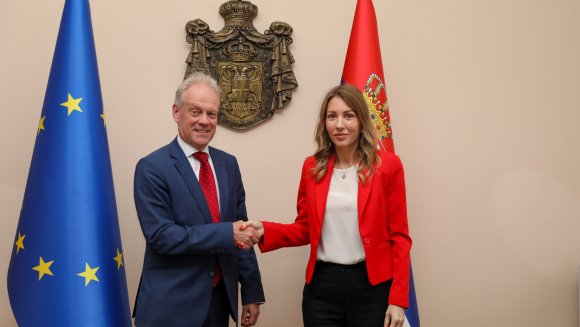
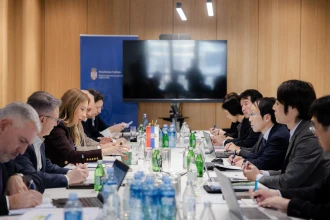
.webp)
